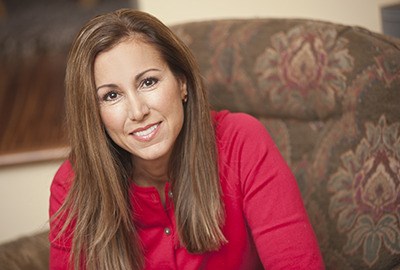Rita Schnarr used to attend social functions with a mental inventory of clever answers to the dreaded, but all-too-common question, How many children do you have?
We havent found the instruction book yet! the Vancouver resident would reply with a chuckle.
But she wasnt laughing on the inside. For 10 years, Schnarr and her husband Mark tried, without success, to conceive a baby.
I explored every option including alternative health care, Eastern and Western medicine, she says. I had what they call unexplained infertility and the only way that I could try and get pregnant was by doing in-vitro fertilization.
She went through four cycles of the costly procedure.
I made it all the way through to the end, but I just didnt have successful pregnancies.
When she turned 40, she decided to stop planning her life around her menstrual cycles. She and Mark forewent their dream of having biological children and opted to live childless or childfree, as she prefers to call their lifestyle.
They are not alone. An estimated 350,000 couples in Canada experience infertility.
Today, Schnarr hopes to help those who are facing medical and emotional challenges related to infertility through her private counselling practice, Reconceive Counselling.
A lot of people, they suffer in silence; they dont get the support that they need, she says of the one in six Canadians who are affected by infertility. She advocates for equal access to treatment and public funding for all fertility treatments.
In vitro fertilization is not covered in BC. When surveyed by Infertility Awareness Association of Canada (IAAC) on the issue, almost half (43 per cent) of British Columbians report having been affected by infertility personally or through family, friends and acquaintances. Forty-two per cent are unable to proceed with treatment because of the cost ($5,500-$8,000 plus medication).
Schnarr knows from experience how important it is to seek help when biological parenthood seems like an impossibility.
Its hard on the pocket books, its hard on the heart, its hard on the mind, its hard physically.
Through education, Schnarr also hopes to dispel common misconceptions about infertility. The condition is not always age-related, nor is it always due to female reproductive health. In fact, male health factors account for nearly half of infertility cases, she says.
Today, when asked how many children she has, Schnarr has learned to feel comfortable replying honestly without justifying her situation.
The 7th annual Canadian Infertility Awareness Week, including clinic open houses and educational conferences, takes place May 19-26. Go to IAAC.ca for Vancouver events.




